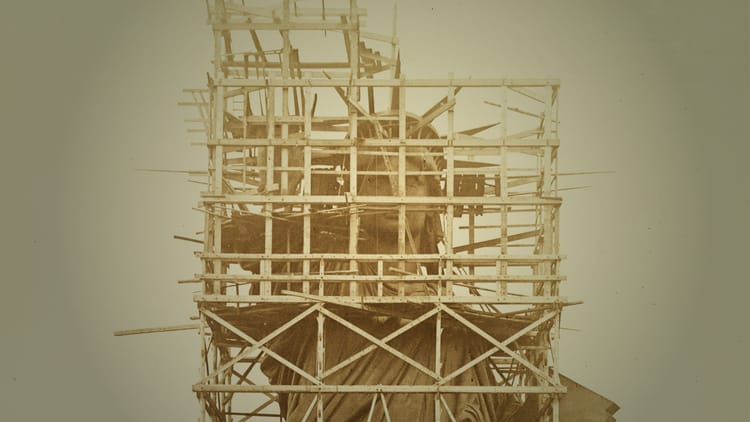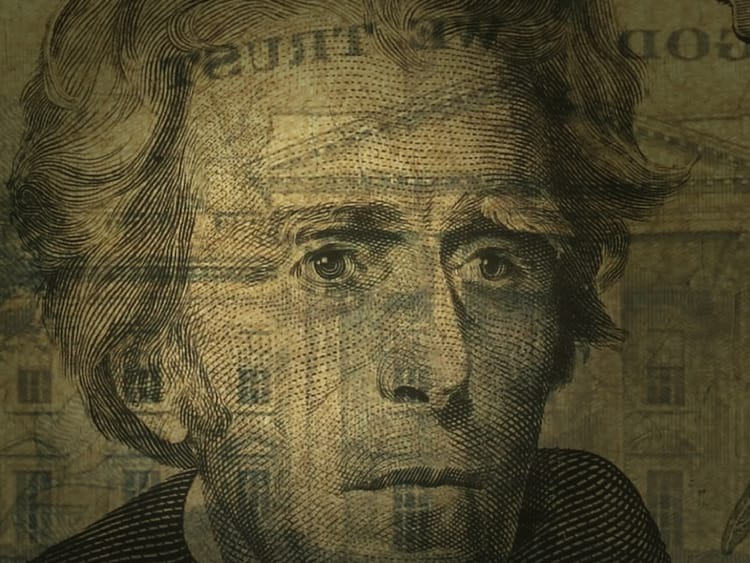Watching the throne

“Donald Trump was wrong.” With those four words last week, the former U.S. vice president Mike Pence made an unusually forceful break with Trump, who’s insisted that Pence could have “overturned” America’s 2020 presidential election as it was being certified in the U.S. Congress on January 6, 2021. “I had no right to overturn the election,” Pence said. “Frankly, there is almost no idea more un-American than the notion that any one person could choose the American president.” While his statements were met with affirmation and praise from some prominent conservative voices in America—a number of Republican officials, along with editorial writers at National Review and The Wall Street Journal—Trump and many of his allies quickly pushed back. Steve Bannon, the former White House chief strategist, called Pence a “stone-cold coward.” American political commentators concluded that he’d probably doomed his chances to run for the White House in 2024. Yet a clearer picture is continuing to emerge of Trump’s role in the events of January 6—the storming of the Capitol and the effort to undo the will of the voters—as a special congressional committee continues to investigate the attack. How is this turn of events affecting Republican politics?
Amanda Carpenter is a political columnist based in Washington, D.C., and a former Republican speechwriter and communications director. Carpenter says individual Republican leaders may be divided over Pence’s role in certifying the 2020 election—or their own rhetoric about January 6—but Trump remains dominant in their party, which will effectively hand him the 2024 presidential nomination “on a silver platter” if he runs, which he probably will. Meanwhile, Carpenter sees at least three reasons to doubt that the fallout from January 6 will have a substantial effect on Republican politics in this year’s U.S. midterm elections and beyond: Republican voters who believe the 2020 election was stolen from Trump don’t accept that he was trying to overturn the results; the ongoing congressional investigation into January 6 is confusing and hard to follow; and Democrats will struggle to make these issues more resonant with voters than the pandemic and economic concerns …
Graham Vyse: How is the still-emerging evidence about Donald Trump’s role in what happened on January 6 affecting Republican politics?
Amanda Carpenter: The best case that proves that the January 6th committee is already having an effect is the way Mike Pence has changed his rhetoric and positioning toward Trump over the past year. At first, he tried to argue that January 6th was a bad day, and he didn’t know if he and Trump would “ever see eye to eye on that day,” but that he, Pence, had done his duty. He was very somber, but he would still say it was the greatest honor of his life to serve under Trump—and go on to ingratiate himself with Trump’s political base.





